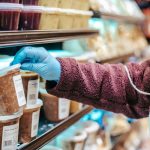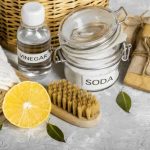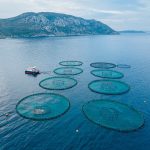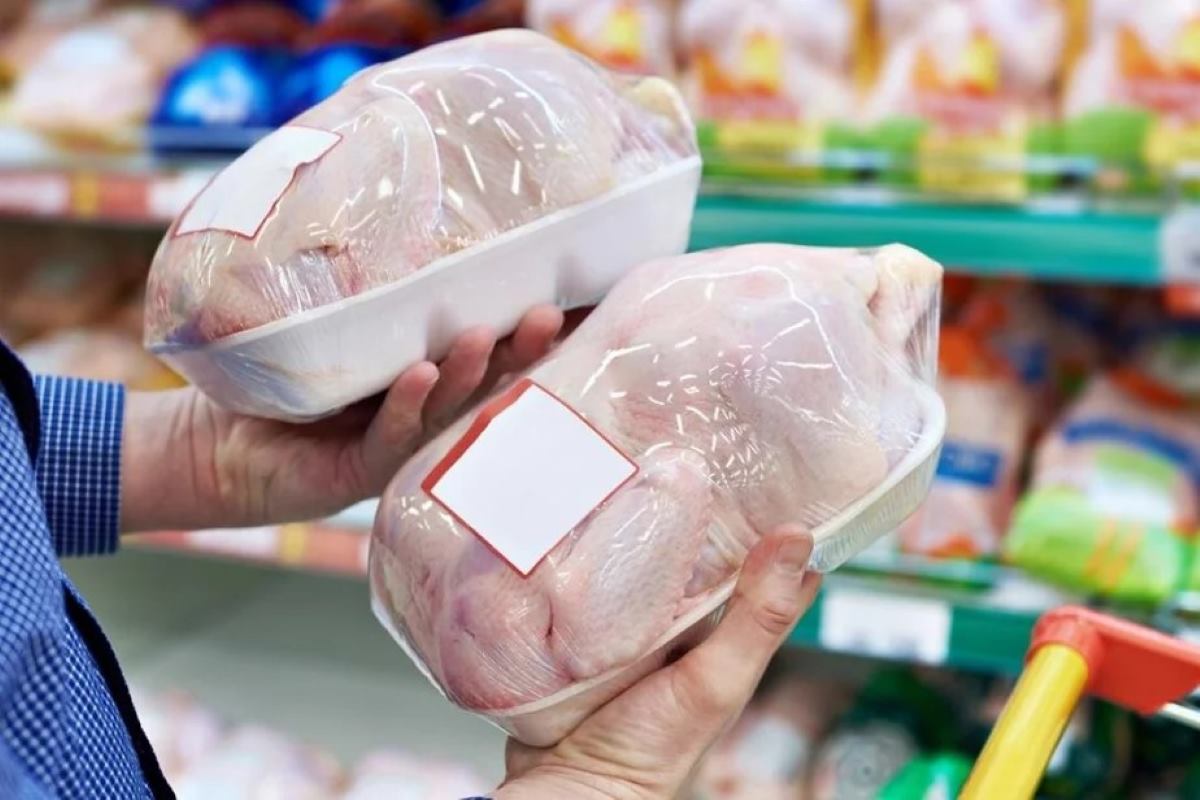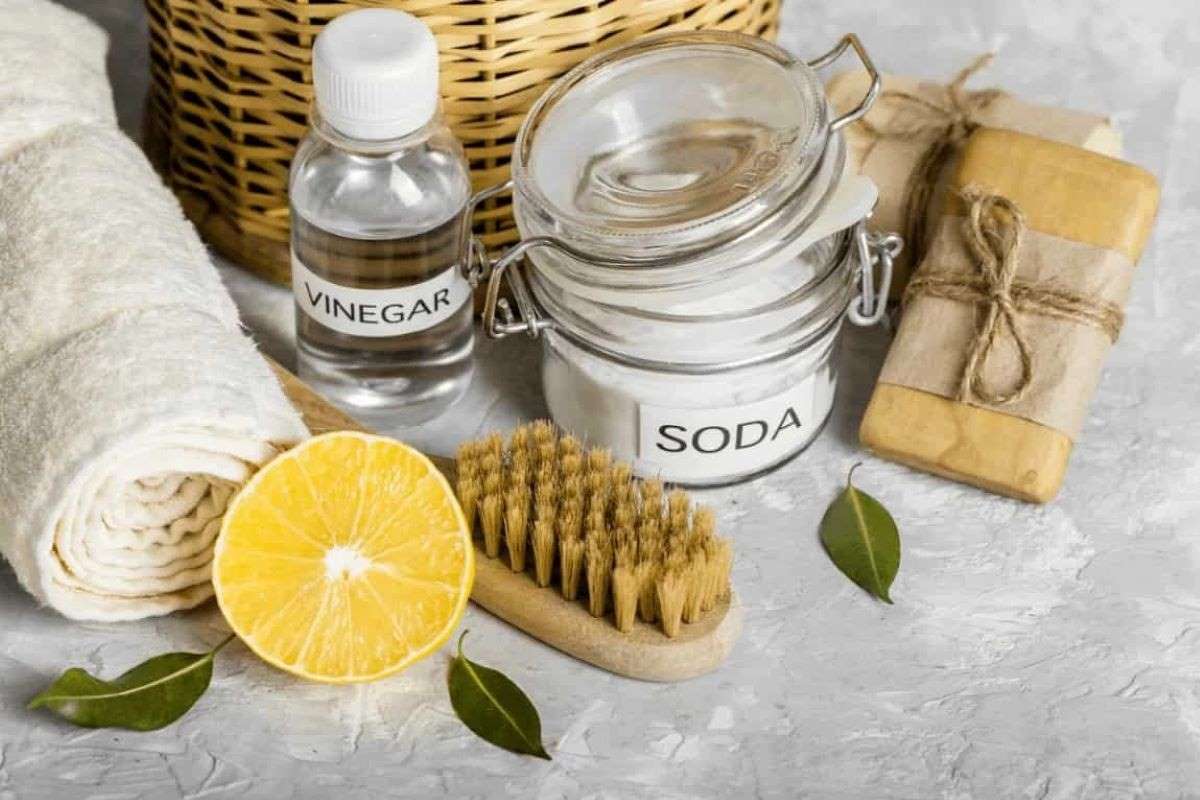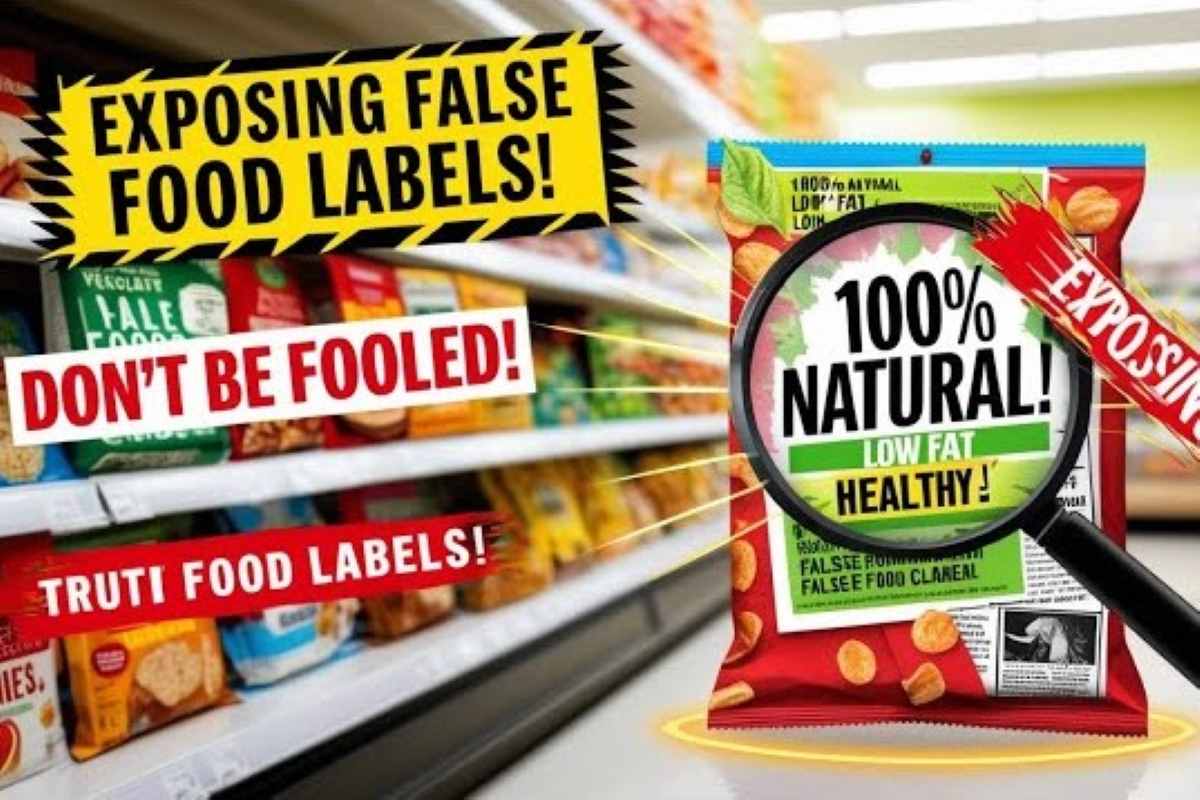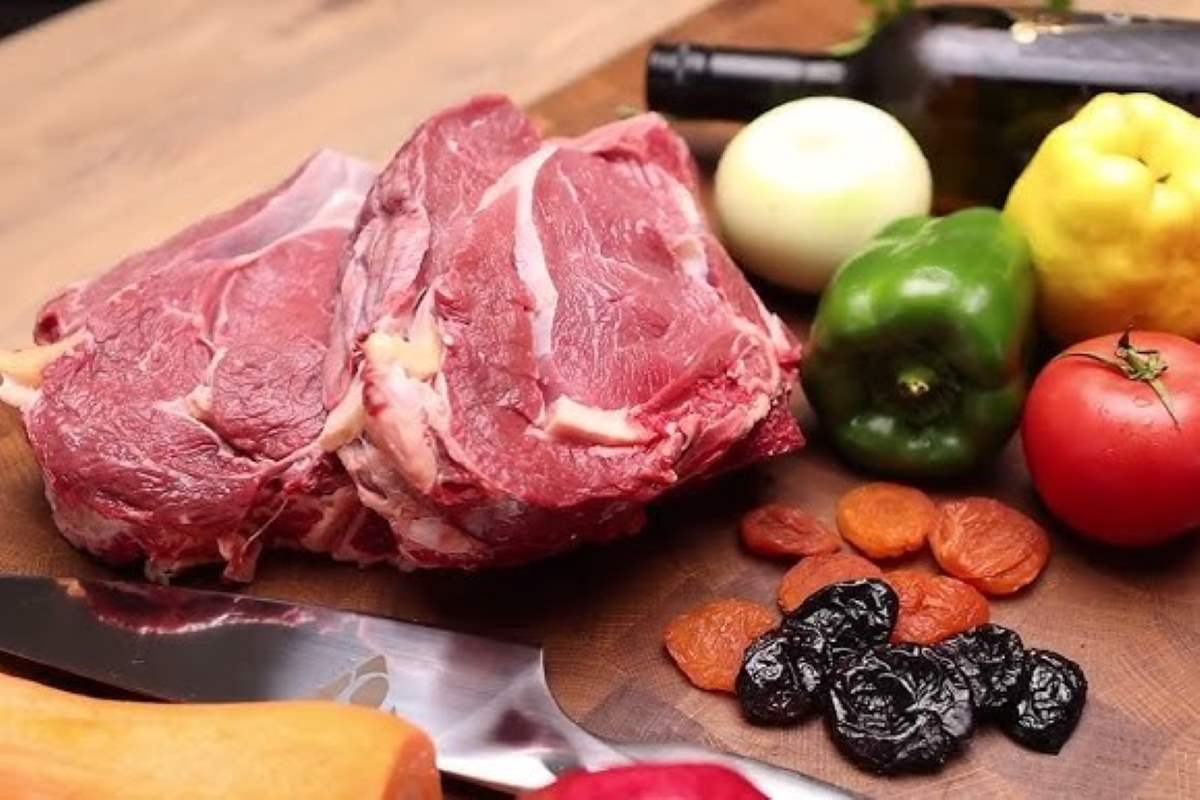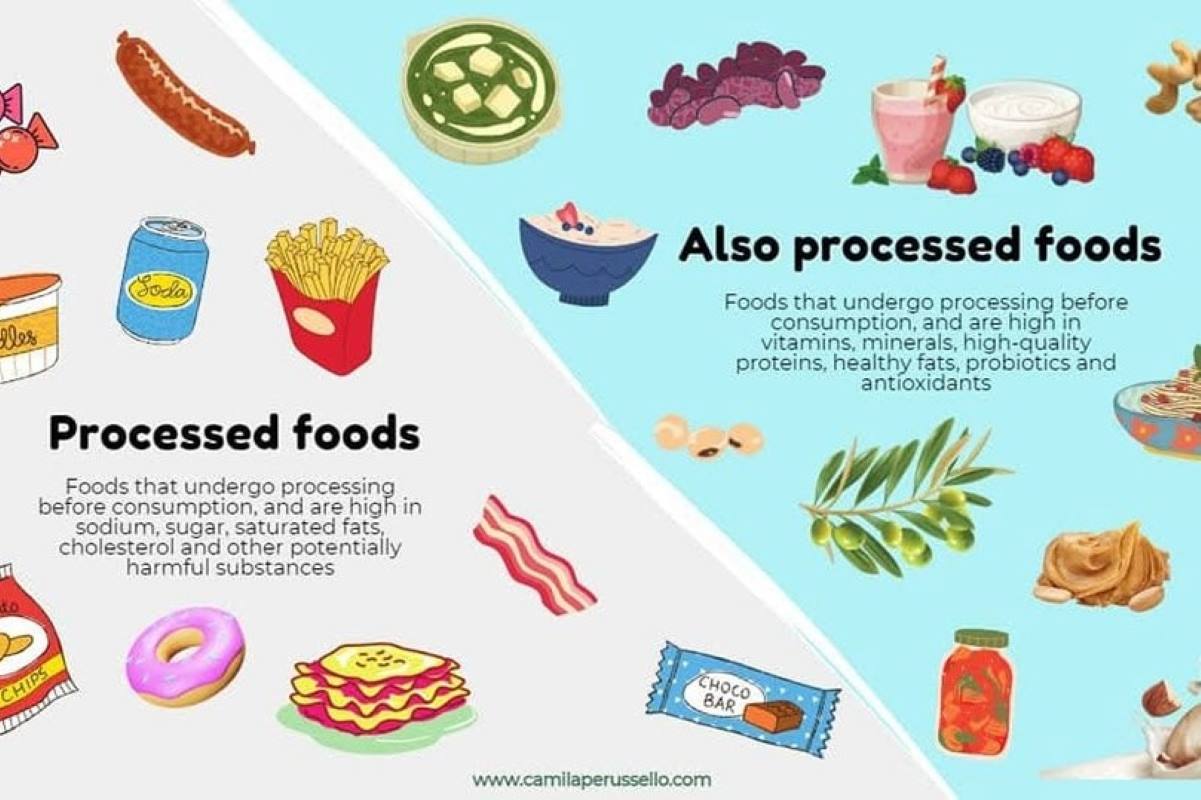“It’s cleaner if I rinse it first, right?” Claire asked. It was then that Meredith realized that her daughter needed an explainer on the potential hazards of washing chicken before cooking. Like Claire, many people ask this question innocently. Some people don’t even bother asking and spontaneously align with the longstanding chicken-washing myth. However, there may still be a thing or two for you to learn about handling raw poultry.
In reality, washing chicken before cooking may do more harm than good if done inappropriately. This article will explain safe meat handling techniques and how you may be better off cooking your chicken without washing it.
Why People Wash Chicken (and Why It’s a Problem)
If you randomly ask people who wash their chicken today, most of them are likely to give surprising responses. For some, it is rote or has a cultural undertone because their parents and people around them are accustomed to rinsing raw chicken.
In some cases, folks believe washing chicken before cooking removes slime and bacteria. On Quora, Jan Soloven posited that it would be unthinkable for her not to wash her chicken irrespective of the accompanying health risks. She asked, “Do you like eating poop bits… fingernails…and sawdust with your chicken?”
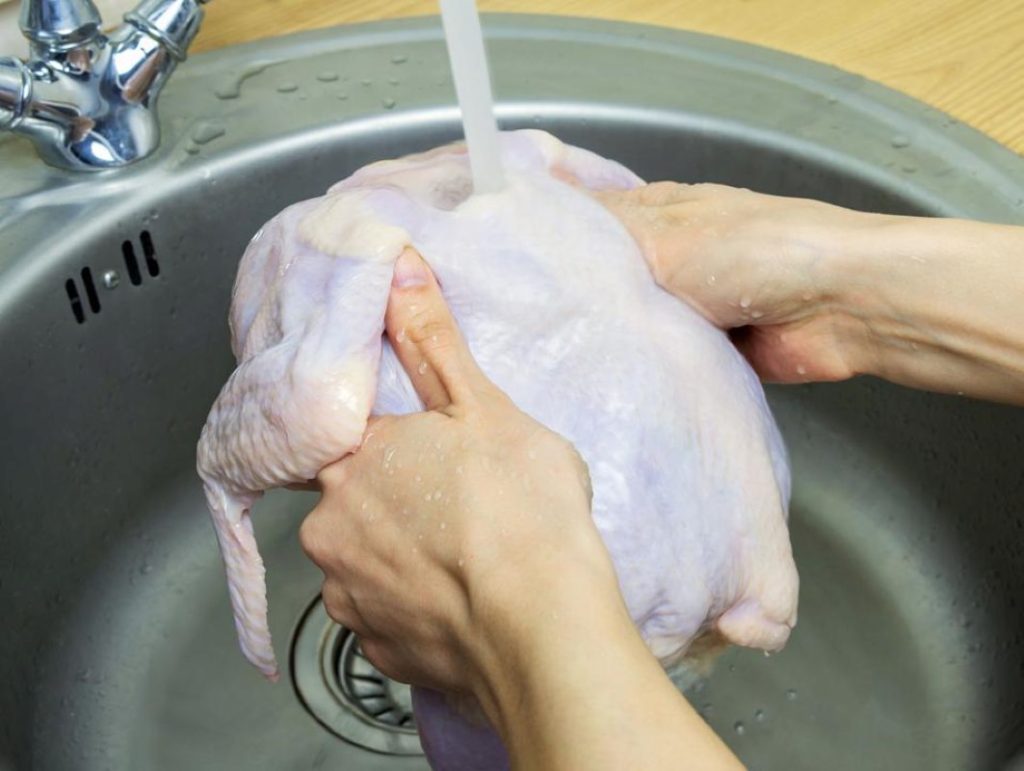
However, we need to exercise practicality when accepting or rejecting advice on the use of safe meat handling techniques. The reality is that the likelihood of washing chicken health risk is very high. So, it is better to follow chicken safety tips provided by regulatory bodies. You can strike a compromise by finding a safe alternative for removing ‘poop, fingernails and sawdust’ from raw chicken.
The threat of raw chicken cross-contamination is a real one. We are sure you are for foodborne bacteria prevention. This is why we are making a case for cooking poultry safely by avoiding raw chicken cross-contamination.
ALSO READ: The Safest Way to Defrost Frozen Meat: What You Need to Know
What Science Says About Washing Chicken
The need to shelf chicken cleaning myths is not the assertion of some opinionated bigot. Rather, the gospel of washing chicken health risk is being noised by scientists and food regulatory bodies. We’ll just cite a couple of authorities on the matter.
In August 2019, the US Department of Agriculture (USDA) published a press release that strongly advises against washing chicken before cooking. Similarly, a team of biochemists and microbiologists established in 2022 that splashes when washing chicken increase the risk of kitchen cross-contamination. In 2024, the US Centers for Disease Control and Prevention (CDC) posits that disinfecting your sink after washing raw chicken is not enough to eliminate the risk of food poisoning. After all this relevant evidence, you definitely want to reevaluate all your chicken cleaning myths.
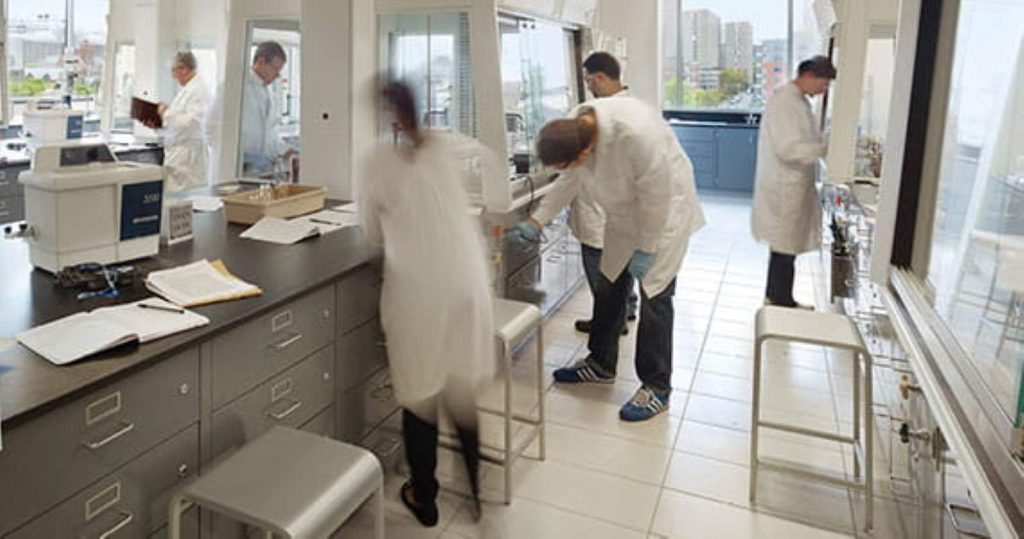
Studies have revealed that bacteria like Salmonella and Campylobacter can be easily transferred from the raw chicken surface during washing. The wash water may deposit these disease-causing microorganisms on ready-to-eat foods, hands and kitchen surfaces.
The Only Way to Kill Bacteria: Cooking
According to the USDA, the only way to eliminate bacteria from chicken is proper cooking. All other methods are largely mediatory. However, even when eliminating the step that involves washing chicken before cooking, there are specific guidelines for cooking. For example, the minimum internal cooking temperature of the meat should be 165°F (75°C). Monitoring the chicken with a steak thermometer will ensure the death of all the microorganisms on the raw meat.
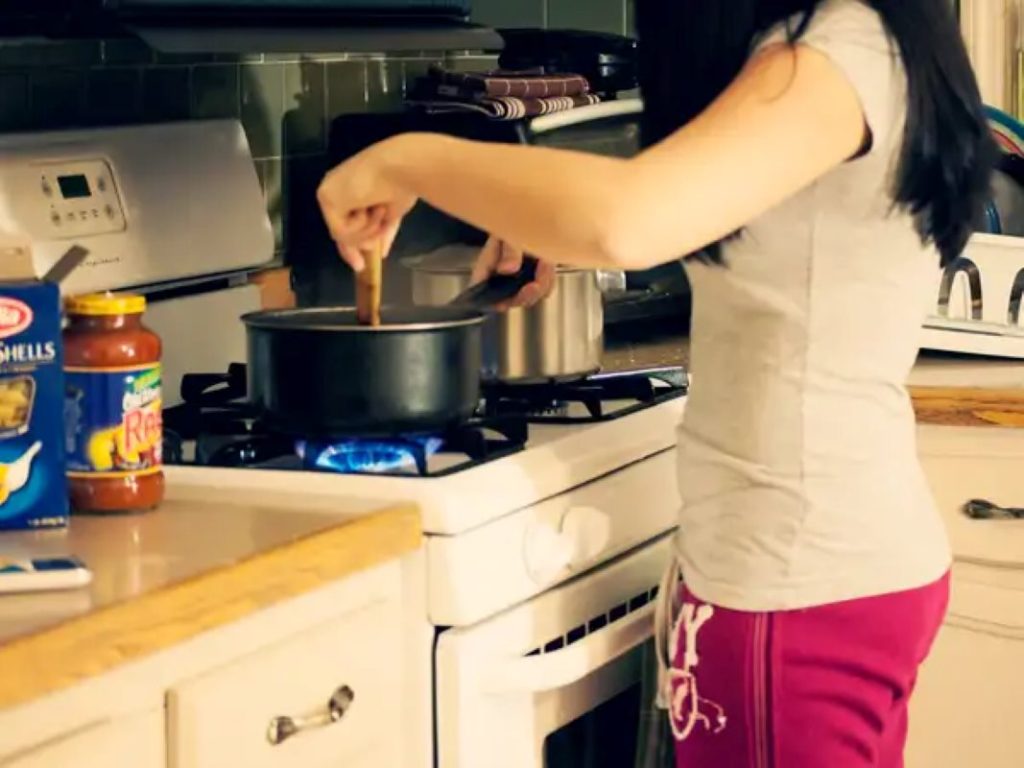
We cannot emphasize it enough that rinsing only exacerbates kitchen cross-contamination. Nonetheless, there are alternative safe meat handling techniques that could help reduce the health risk. They are discussed in the next section.
3 Tips on How to Handle Raw Chicken Safely
With enough established reasons to avoid washing chicken before cooking, let’s skim through tips on how to handle raw poultry safely. Here are three tips that will help reduce the likelihood of cross-contamination and food poisoning:
1. Don’t rinse: just open, drain, and pat dry if needed
Some people argue that washing raw chicken with lemon juice, vinegar, or salt water would suffice. Research has established that these concoctions are ineffective for killing bacteria. So, again, avoid all cleaning methods that will require some splashing.
Instead, open the package, drain and cook immediately. If you find some unwanted materials, like poop, fingernails, fat or sawdust on the chicken, pat the area dry or swipe with a damp paper towel. Endeavor to dispose of the paper towel properly and wash your hands immediately.
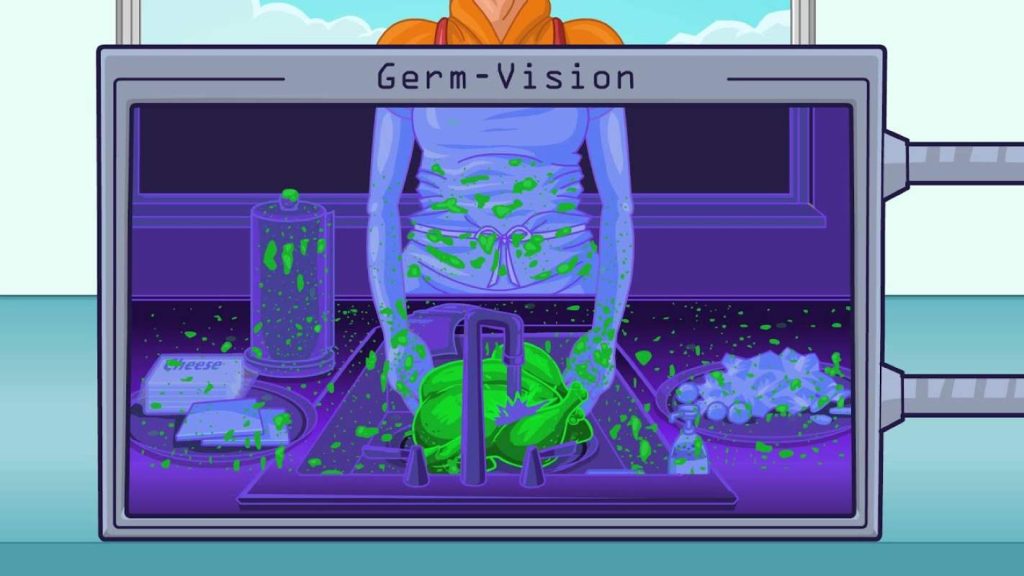
2. Clean surfaces and utensils immediately
After debagging the raw chicken and commencing cooking, endeavor to clean and sanitize all kitchen surfaces and utensils. Any object that has had the remotest contact with the meat or its juices must be thoroughly sanitized. Clean sinks, utensils and counter tops with hot soapy water before sanitizing. For your hands, washing with soapy water and rinsing under a running faucet for 20 seconds should eliminate all pathogens.
3. Use separate cutting boards and tools
If possible, avoid using the same cutting boards and tools in processing raw poultry and ready-to-eat foods like salad. Alternatively, to avoid transferring bacteria from raw chicken to fruits and vegetables, you can alter the order of processing. For example, prepare foods that do not require cooking first before handling raw chicken.
ALSO READ: How the Farm-to-Table Movement Is Changing Restaurants: From Menus to Mindset
Breaking the Habit: Cultural Shifts in Kitchens
It is true that food habits, like chicken cleaning myths, run deep and may be difficult to change. However, habits are no excuse to expose yourself to hazards that comes with washing chicken before cooking. Chefs in restaurants are less likely to fall victim of chicken cleaning myths. However, in the absence of modern food safety practices, home cooks need be careful during kitchen routines.
Conclusively, washing chicken before cooking has more cons than pros. Health and safety should be foremost on your priority list. There are better habits to learn, to keep your kitchen safer and meals healthier; adopt those.
Skip the rinse—your stove does a much better job at keeping you safe.
ABOUT THE AUTHOR

Babatunde Olufemi is a food scientist, educator, and science-based food writer with academic and practical exposure to food processing, nutrition, food safety, and the global food industry. Through Quill of Grubs, he breaks down complex food science topics into clear, accessible explanations for everyday readers, students, and professionals.


